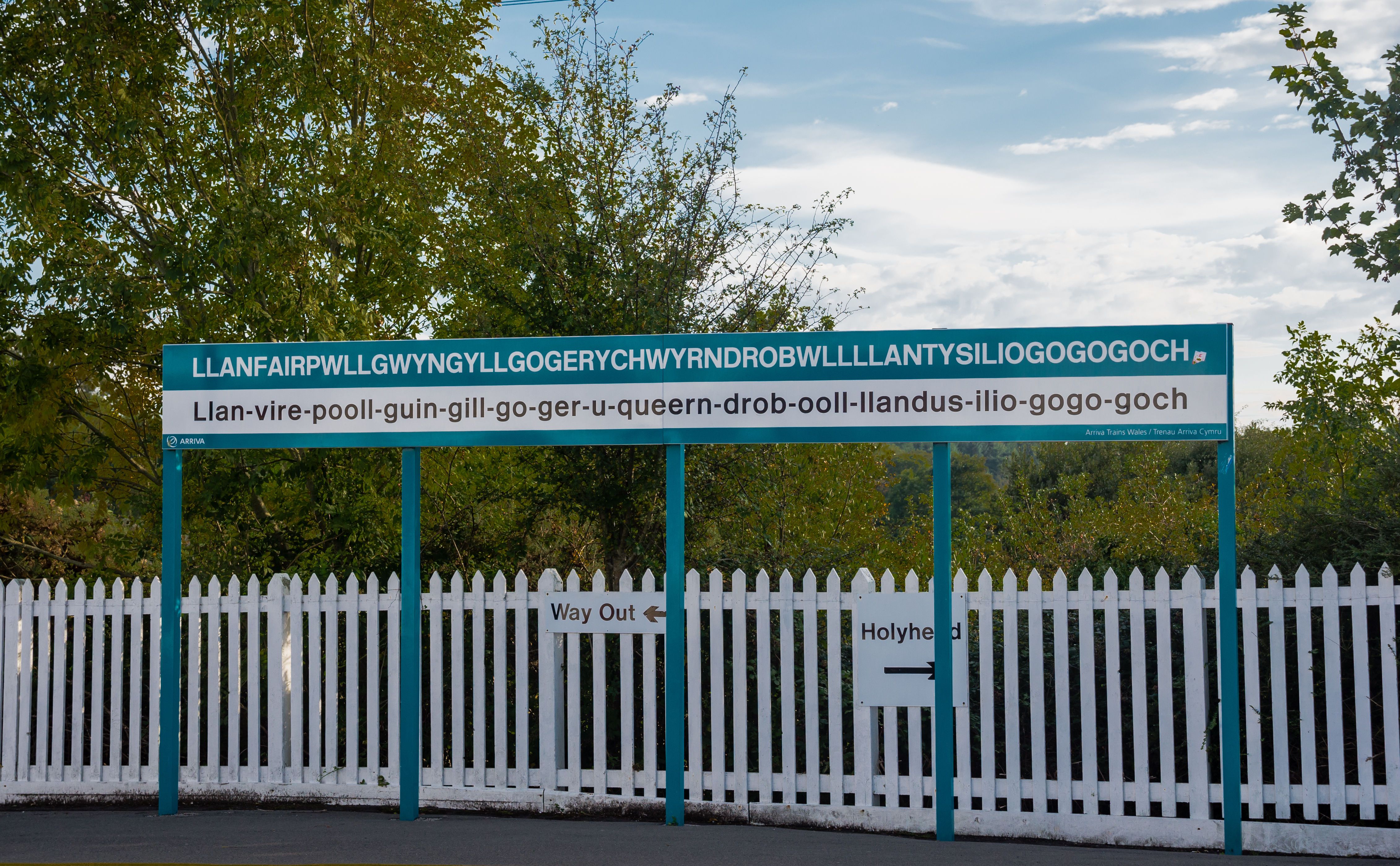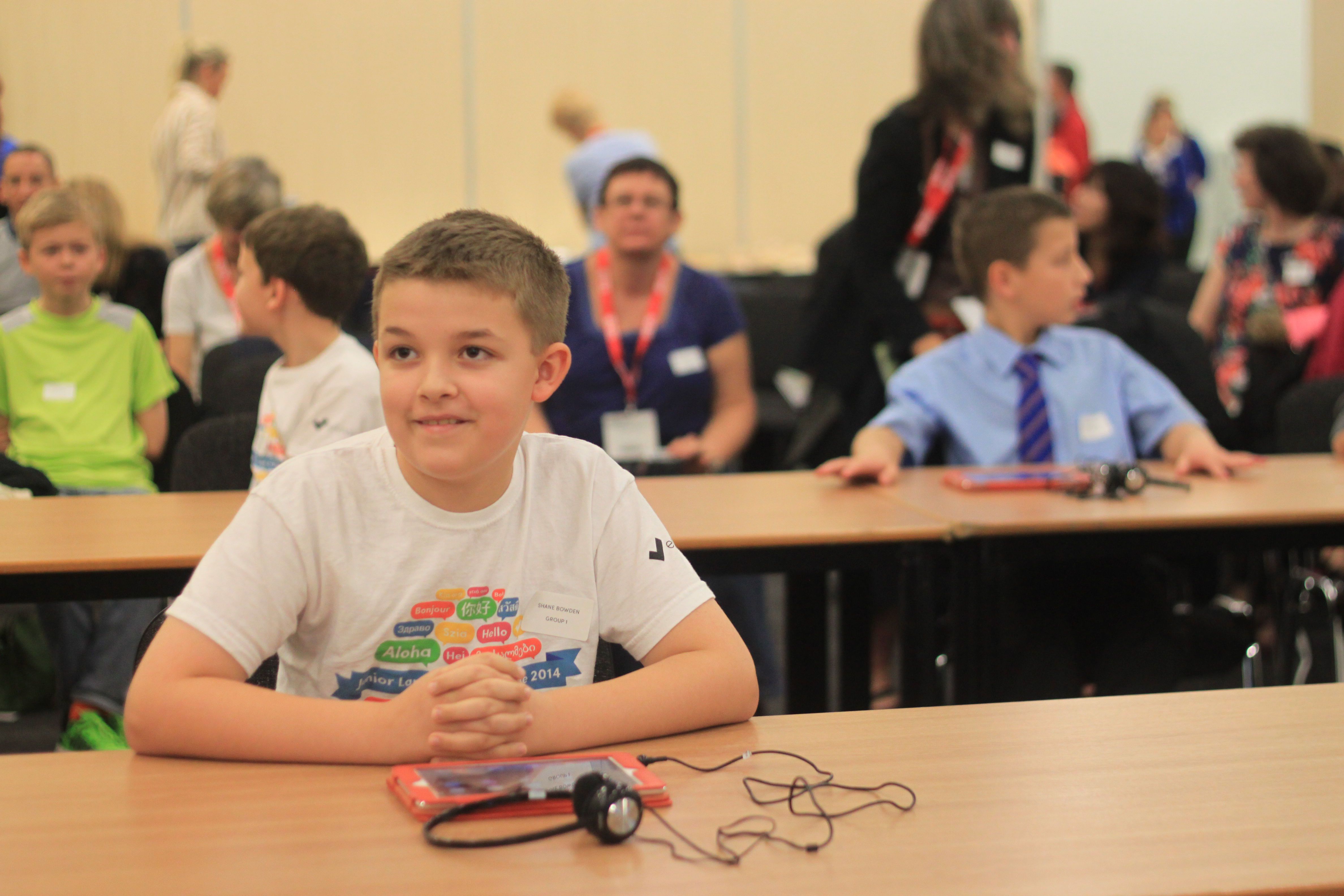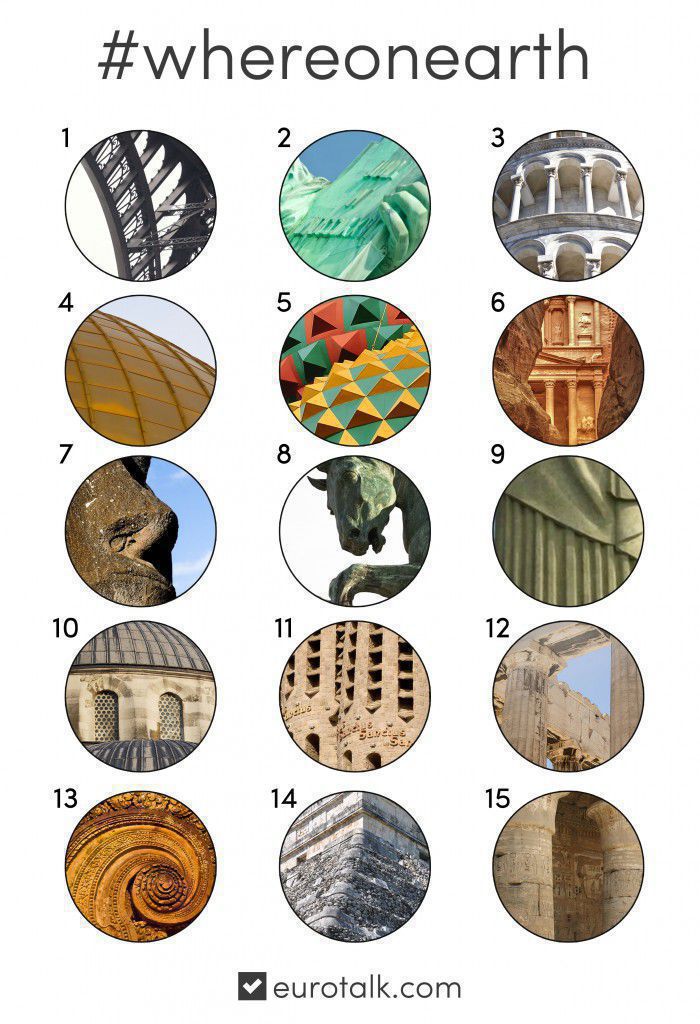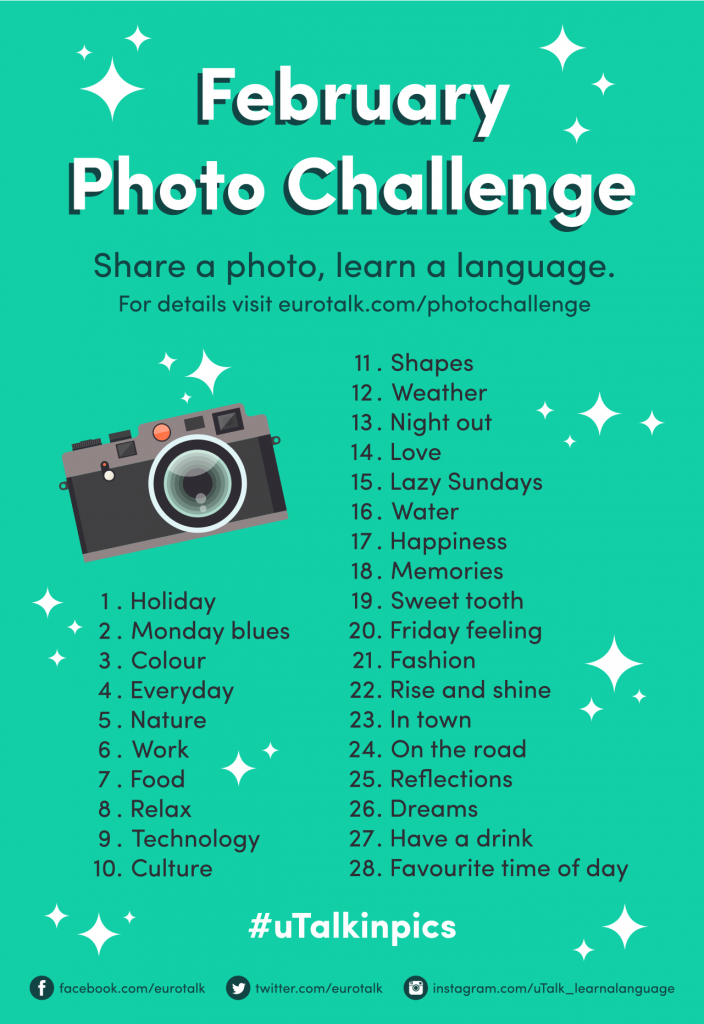How do you say Llanfairpwll…?
Everyone was blown away the other day when Liam Dutton managed to effortlessly pronounce the longest ever Welsh place name on live TV: Llanfairpwllgwyngyllgogerychwyrndrobwllllantysiliogogogoch.
Anything he can do…
I don’t know about you, but here at the EuroTalk office we enjoy a healthy challenge, and this looked like just the sort of thing to get our teeth into! For all those of you who’ve seen our video… Okay, maybe it didn’t go exactly according to plan, and didn’t sound entirely as fluent as Liam Dutton’s version, not to mention that our varying collections of vaguely Welsh-sounding syllables probably didn’t mean anything at all in Welsh, let alone bore a resemblance to the actual meaning of the word, which is (take a breath): ‘Saint Mary’s Church in the hollow of the white hazel near a rapid whirlpool and the Church of St. Tysilio of the red cave’.
Still, practice makes perfect, and this was just our first time. If anyone would like to try to do it better than us (which is probably not too much to ask), why not enter out competition to win a FREE Premium Welsh uTalk app. We’ll be picking the winner based on the creativity of the video, and your attempt to pronounce the word. To enter, tweet us @EuroTalk, post it on our Facebook page or email it to challenge@eurotalk.com by Friday 25th September.
So how should we have pronounced it?
To make it slightly easier, here’s a few pointers we used as to how to pronounce it:
1. It helps to break the word down into bite-sized chunks: Llan – fair – pwll – gwyn – gyll – go – ger – ych – wyrn – drob – wll – llan – ty – silio – go – go – goch
2. Some of the letters have different pronunciation in Welsh to how you would say them in English. For example:
- the ‘f’ in ‘fair’ is pronounced more like a ‘v’, to make ‘vire’
- the ‘y’ in ‘gwyn’ i pronounced more like an ‘i’, to make ‘gwin’
- the ‘w’ in ‘pwll’ is more of an ‘oo’, to make ‘pooll’ AND
- the ‘ll’ in ‘pwll’ is more of an aspirated l (keep the tip of your tongue on the roof of your mouth as you say ‘l’, then blow the air over the top and sides of your tongue)
- the ‘ch’ in ‘goch’ is the same as in the Scottish ‘loch’
Taking that all into account, you end up with something which to English speakers looks a bit more like this:
Chlan- vire- puchl- gwin- guchl- go- ger- uch- wirn- drob- uchl- chlan- ti- silio- go- go -goch
So now that you know it, why not have a go at recording it yourself?
Nat
Friday Fun: Where on Earth…?
How well do you know your world monuments? Let’s find out!
Here are 15 landmarks from around the world… can you identify them? We need either the country or the city for each, or for bonus points, the name of the monument. (Okay, maybe not actual bonus points – but we’ll be really impressed.)
If you’d like to play, email your answers to challenge@eurotalk.com – get them all right and we’ll send you one of our fabulous uTalk mugs!
To get a closer look, click on the image to make it bigger.
Good luck, and Happy Friday!
How do you learn a language? (Win an iPad mini!)
The survey and giveaway have now closed. Thank you to everyone who took part!
 Language learners! We need your help. We want to know the different method(s) that you use whilst learning a language to accomplish your goals. This will enable us to improve and adapt to what you want.
Language learners! We need your help. We want to know the different method(s) that you use whilst learning a language to accomplish your goals. This will enable us to improve and adapt to what you want.
The survey only takes approximately five minutes depending on how much you want to tell us (we are hoping lots). To say thank you for taking up your precious time, we’ll enter you into a prize draw to win an iPad mini, pre-installed with our app, uTalk, in the language of your choice. There are several different ways to enter, the more you do the greater your chance of winning the iPad mini.
Thanks for your time 🙂
And please share the link with friends and colleagues too – thank you!
The giveaway ends at midnight on June 17th 2015 (UK time), and is open worldwide to anyone aged 18 or older. The winner will be selected at random and notified by EuroTalk within 48 hours of the closing date.
The EuroTalk February photo challenge
Following the success of this month’s uTalk challenge, we’ve decided to have another one! But this time it’s open to everyone, and hopefully requires a bit less brain strain…
Introducing the EuroTalk February photo challenge!
How does the challenge work?
1. Each day, starting from 1st February, you’ll get a new theme, and you need to share a photo that reflects that theme on one or more of your social networks – more on that in a second. Try and interpret the theme in a fun, creative way, as we’ll be sharing our favourites over the course of the month, choosing a Photo of the Day each day and selecting an overall winner at the end of the month.
2. When you share your photo, tell us how to say whatever’s in your picture, in another language. It can be any language you like; you can even do a different one every day if you want to, as long as it’s not your own. And remember to tell us which language it is too!
3. Use hashtag #uTalkinpics to let everyone (including us!) know you’re taking part in the challenge.
Example:
My photo for #Holiday – sunset, or der Sonnenuntergang in German 🙂 #uTalkinpics
Where should I share my photos?
4. You can share your photos on whichever social network you like – Facebook, Twitter, Pinterest, Instagram, anywhere… But to be considered for Photo of the Day and overall winner, you’ll need to use one of the following:
- Tweet us @EuroTalk
- Tag us on Instagram: @uTalk_learnalanguage
- Post on our Facebook page
- Email your photo to us at challenge@eurotalk.com if you don’t belong to any social networks
And remember to use hashtag #uTalkinpics
What if I miss a day?
5. If you miss a day, or don’t find out about the challenge until it’s already started, it’s no problem. You can catch up by posting more than one picture per day – or just skip that day altogether and carry on.
How can I win?
6. We’ll choose our Photo of the Day the following morning (or possibly on Monday for photos submitted over the weekend), to allow entries right up to the end of the day from every time zone. This will appear on Facebook, Twitter and Pinterest, as well as in a weekly round-up here on the blog, so be ready to share your glory with the world!
7. At the end of the month, we’ll choose our overall winner to receive a cool prize. This will be someone who we feel has really got into it and had some fun. The winner will be chosen by the EuroTalk team and our decision is final 🙂
Spread the word!
8. Please share the challenge with friends, and let’s get the world talking lots of different languages…
Good luck, and have fun – we can’t wait to see your photos!




